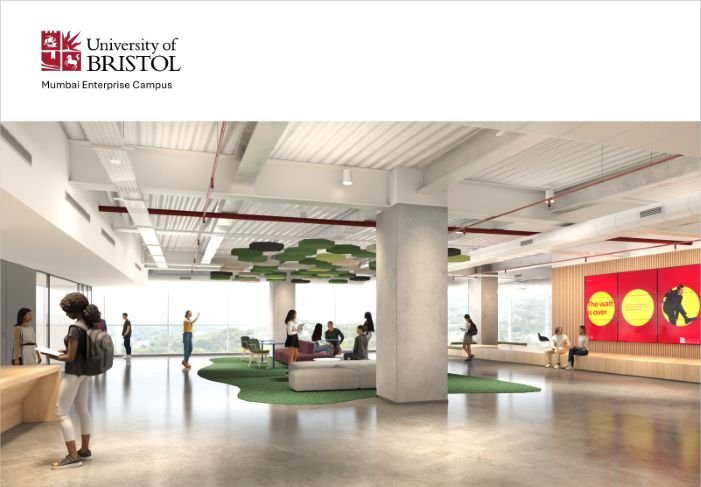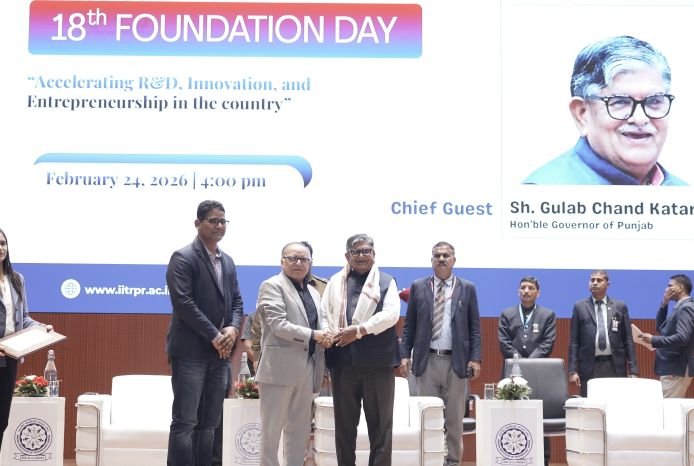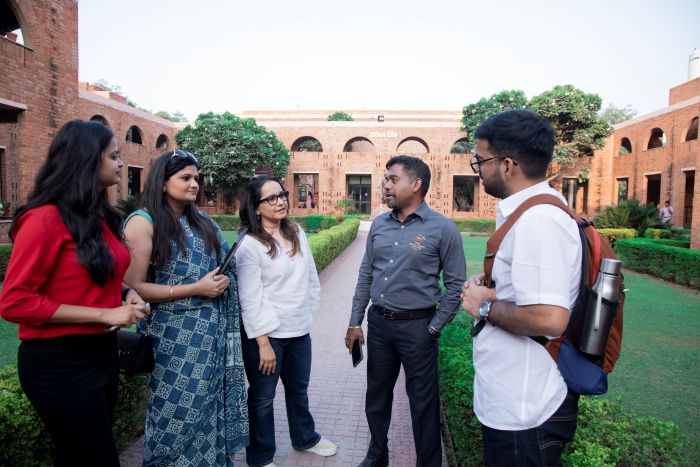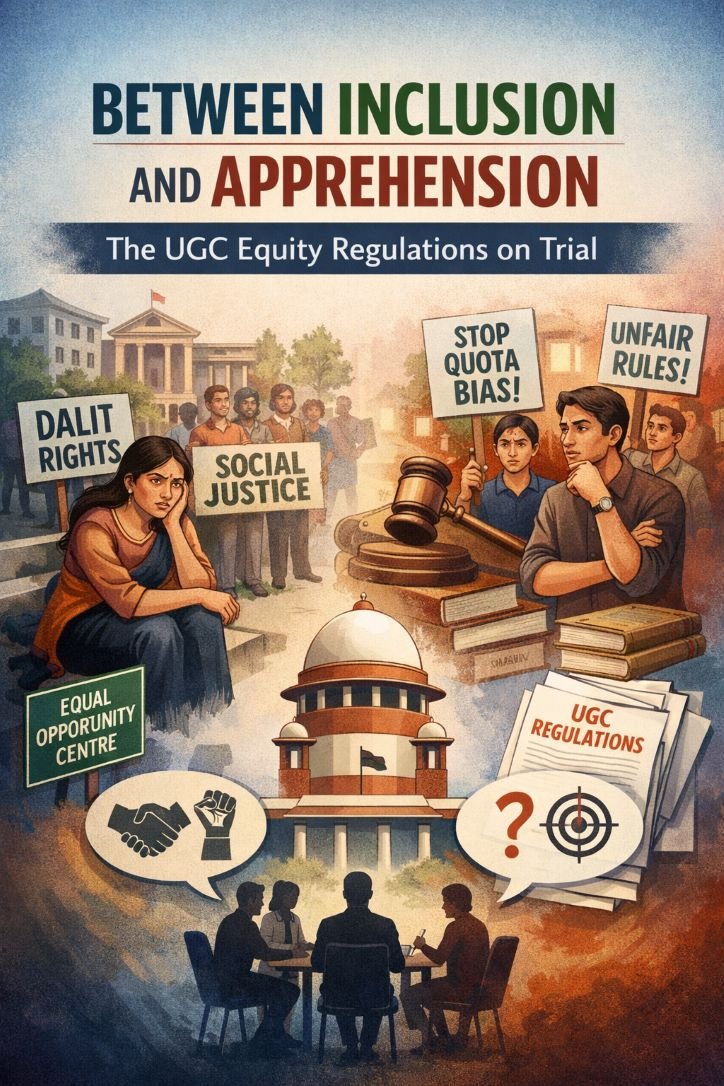
From ‘Listen to Me’ to ‘Become Change Agents’, educators in India, post-NEP 2020 and now NCF 2023 are experiencing a new dynamics in their job roles. A new platform by the name of ‘Collective-an educators Conclave’ in its 2nd edition tried to decipher this undercurrent in its second conference in New Delhi on October 7.
A small group of School Education oriented business organizations comprising Cradle Solutions, Temple of Learning, Perception Mentorz and Learn have created ‘Collective-an educators Conclave’, a conference structured symposium platform to bring school leaders and educators on a common platform for discussing and deliberating on current issues and challenge facing the school education.
With the new NCF released just a couple of months back, it was naturally the flavor of this conference and featured prominently in the keynotes, panels and round tables. Dr Ashok Pandey, fellow Global peace Foundation USA and a former principal and director of the reputed Ahlcon International School Delhi gave a special talk on the NCF 2023 and illustrated to the audience, how to approach this framework objectively without getting intimidated or carried away.
Dr Pandey began by emphasizing how important it was for school leaders and teachers as vanguards of country’s school education system to be in sync with aspirations of young India and of leadership to see India a developed country when it celebrates 100th Independence Day after quarter of a century in 2047. “We must embrace the changes and lead this remarkable transformation,” he said.
Talking about NCF 2023, Dr Pandey advised school leaders to read through the 600-page document to develop the basic understanding and conviction to provide leadership and mentorship for effective and fruitful implementation. He suggested a three-pronged approach to this.
- Linear traditional approach: The top leader develops the understanding and conviction and then shares it with the rest of the leadership team. Each stage (Foundational, Preparatory, Middle & Secondary) goes to respective leader and by delegation and deliberations, all of the document is understood by the teams, who can then plan sitting with teachers and other resource persons. Engage with parents in light of the new changes in a manner to bring them on board, use them as resources and collaborators in this transformation.
- Design thinking approach: As linear approach has its own limitations and can’t overcome complex problems with learning/teaching system at times, it is important to know what next? As the premise of a teacher is of empathy to the learner, it is worthwhile to experiment with own practices, make use of tools and techniques and even bring children into it by giving them choice and voice. Educators need to constantly evaluate themselves, try to figure out what works or what doesn’t work. Collaborations, support or help can make this process interesting and meaningful.
- Standardization approach: Excitement and accountability are import aspects of this whole process. And, standardization both internal and external makes it possible. What are desirable benchmarks or standards for students as well as teachers need to meet or exceed are important to know. What are these benchmarks in other countries especially from developed countries can tell a lot as education has brought prosperity to them. Population based assessment or what we call board exams; NAS by NCERT also provide insights into knowing how far we are meeting the expectations.
Dr Pandey also emphasized on rooting out inequalities and accelerate learning for every child so that challenges like climate change and other global emergencies are addressed by our school education systems. ‘Our ultimate purpose is student success by way of quality education and a culture that makes or her contribute to socio-economic fabric,” he said.
Earlier, in the inaugural session, while delivering her keynote, Dr Ameeta Mulla Wattal, chairperson & Executive Director, DLF Foundation Schools & Scholarships called out the School Education system for what she said as ‘Sham’ for concentrating on standardization, homogenization, mechanization and containerization. A child today can’t read, can’t express freely, paint or cope with mental stress. Today’s education has nothing to do with health and survivability but only employability.
She said education is about imagination that leads to creativity, empathy and intuition—all helping humans to standout to prevent acts such as wars or bullying in the classrooms. He said it is his or her relationship with the student that matters to nurture this imagination. Disengagement leads to dissatisfaction. Compassion and creativity are to hygiene and health of brain as toothbrush is for teeth and needed to done every day. Reflective thinking, mindfulness, meditation, etc are someways to boost resilience of this brushing. Flowering of human consciousness is important to save the day.
Yogi Suri, publisher of Daily Milaap and evangelist, citing a survey of parents by his publication informed that post covid, parents are more impressed by schools teaching life skills than previously only on academic reputation. Education leaders from various schools also listened to wisdom of fellow principals in the conclave. There was much emphasis on teaching on normalizing failures and learning beyond books.
The organizers say a document will be compiled based on roundtables held during the day and the conference in future may become an annual event.








